
Udiwok 150mg Tablet
Manufacturer
Dr Reddy's Laboratories Ltd
Salt Composition
Ursodeoxycholic Acid (150mg)
Key Information
Short Description
Udiwok 150mg Tablet is used to dissolve certain gallstones and prevent them from forming. It is also used to treat a type of liver disease called primary biliary cirrhosis.
Dosage Form
Tablet
Introduction
Udiwok 150mg Tablet should be swallowed whole after a meal and with a glass of milk or water. The dose will depend on what you are being treated for and your body weight. Take it regularly to get maximum benefit and keep taking it for as long as prescribed (several months or longer). Keep taking it even if your symptoms disappear.
Directions for Use
Take this medicine in the dose and duration as advised by your doctor. Swallow it as a whole. Do not chew, crush or break it. Udiwok 150mg Tablet is to be taken with food.
Safety Information
Side Effects
abdominal pain diarrhea hair loss itching nausea rash
Alcohol Warning
Udiwok 150mg Tablet may cause excessive drowsiness with alcohol.
Breastfeeding Warning
Udiwok 150mg Tablet is probably safe to use during breastfeeding. Limited human data suggests that the drug does not represent any significant risk to the baby.
Pregnancy Warning
Udiwok 150mg Tablet is generally considered safe to use during pregnancy. Animal studies have shown low or no adverse effects to the developing baby; however, there are limited human studies.
Interacting Medicines
Ciclosporin
How it works
Udiwok 150mg Tablet is a hepatoprotective medication. It works by reducing the amount of cholesterol in the blood and helps dissolve gallbladder stones that are composed mainly of cholesterol. It also improves liver enzymes, protects liver cells from injury caused due to toxic bile acids, and improves liver function.
Quick Tips
Take Udiwok 150mg Tablet after a meal with a glass of milk or water Eat a healthy diet Exercise regularly Avoid alcohol intake Drink plenty of fluids and inform your doctor if diarrhea persists or if you find blood in your stools Do not stop taking the medication without talking to your doctor
Related Medicines
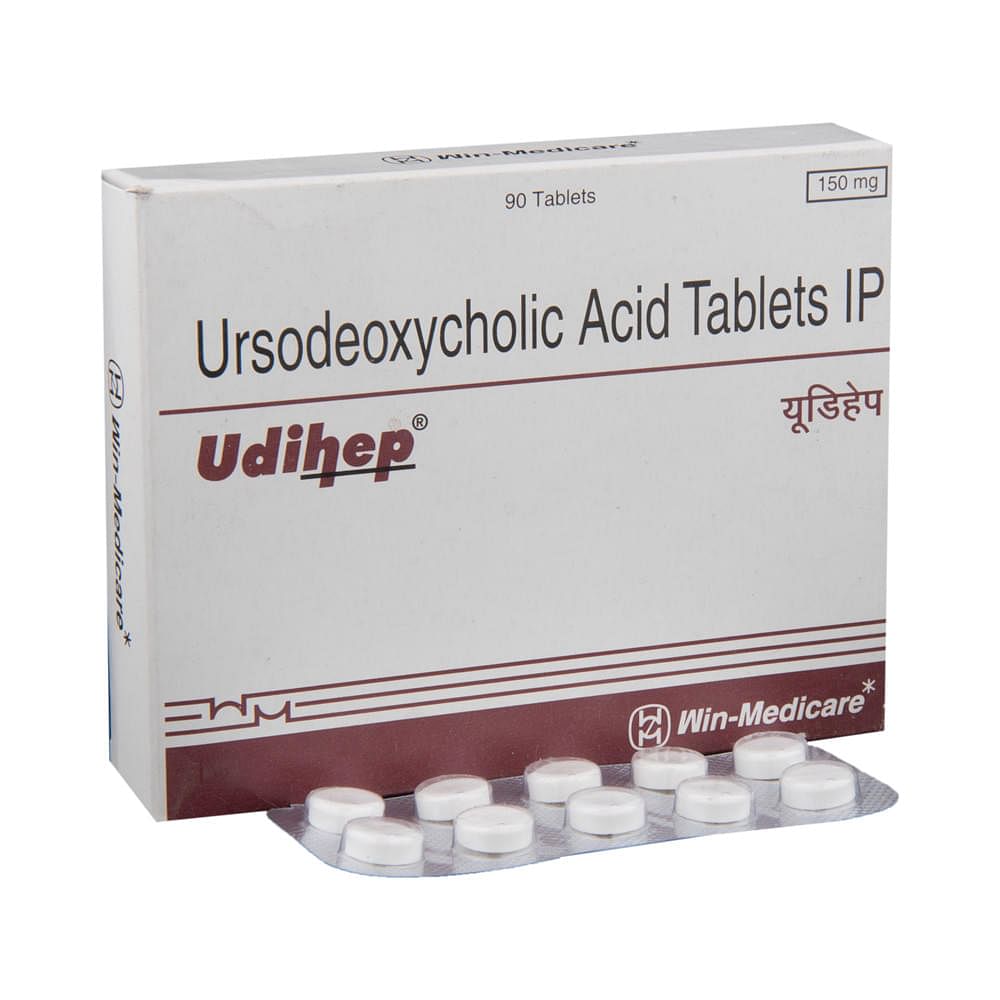
Udihep Tablet
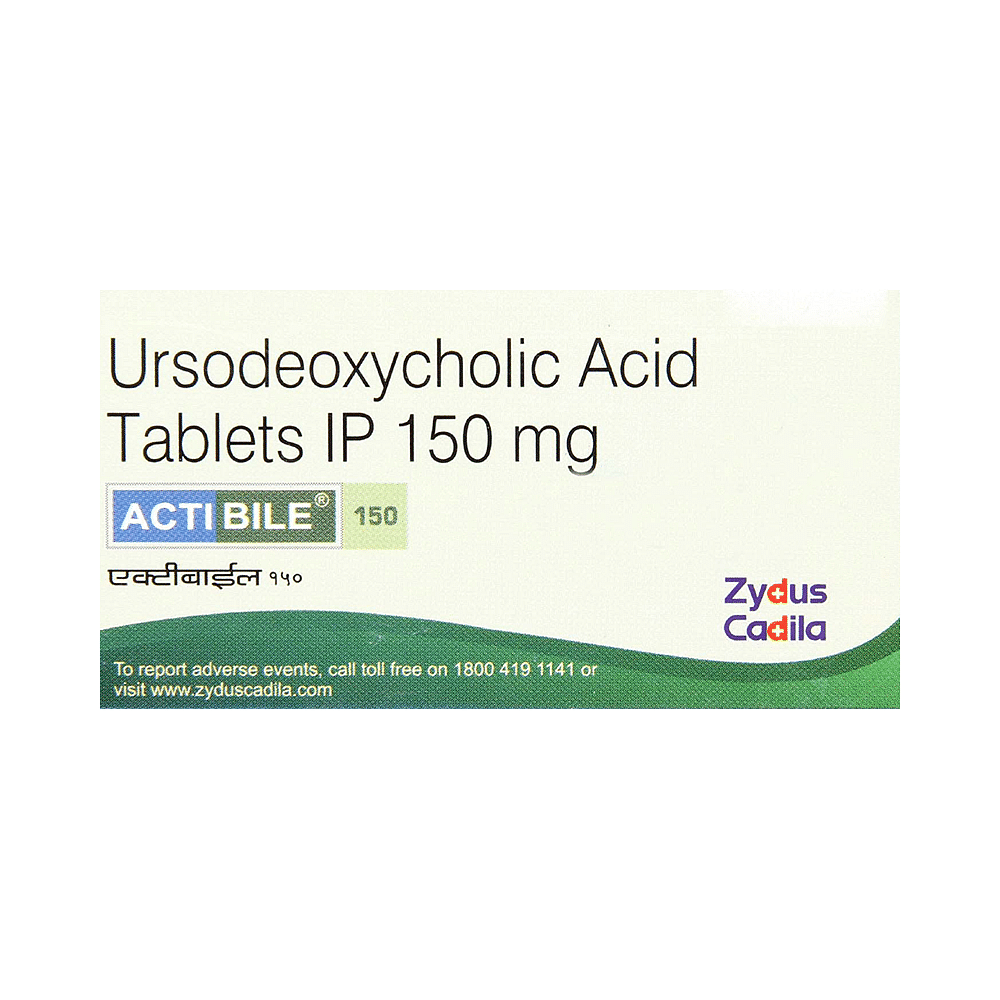
Actibile 150 Tablet
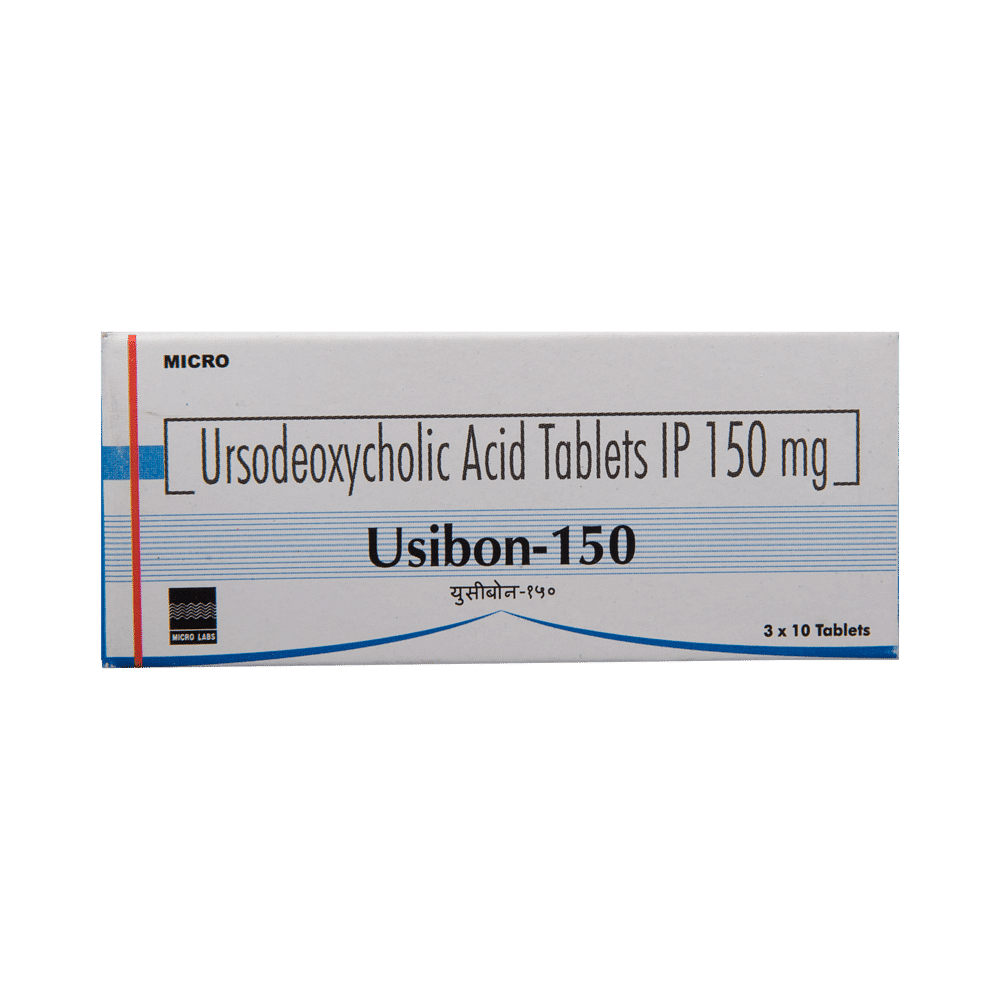
Usibon-150 Tablet
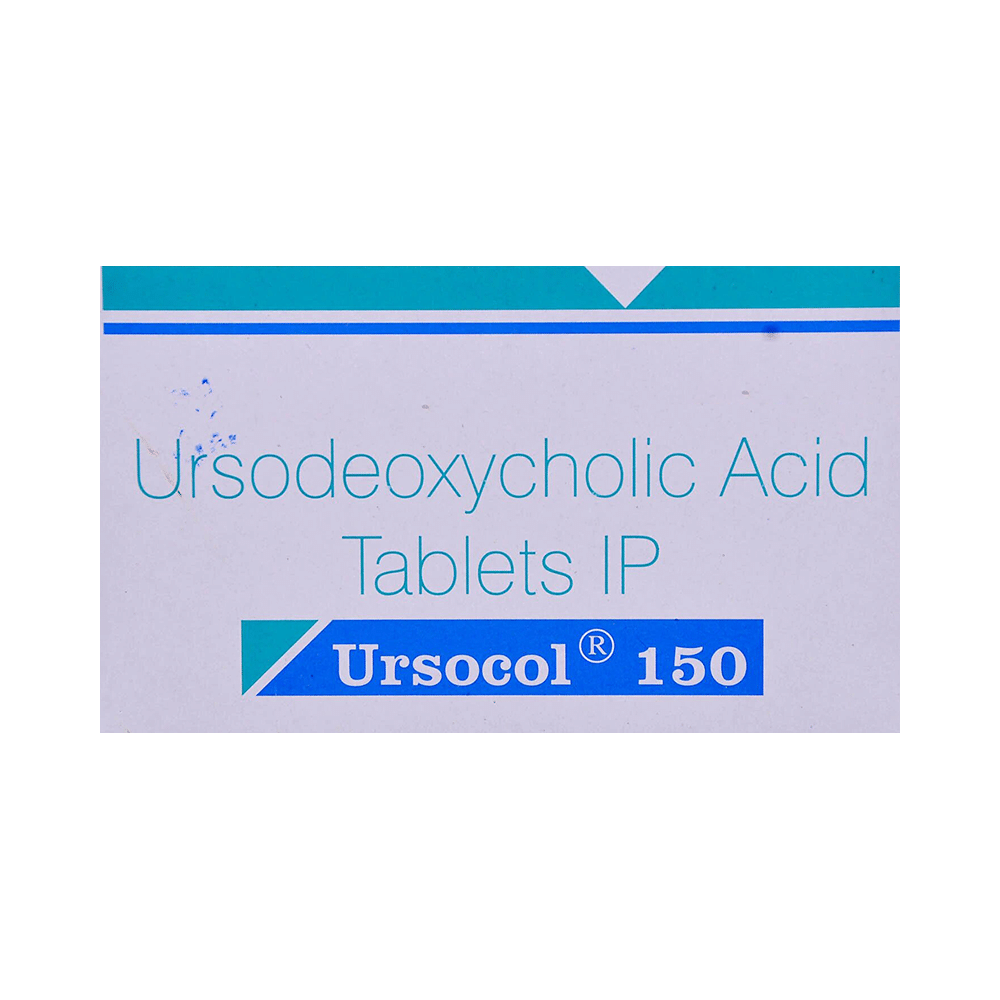
Ursocol 150mg Tablet
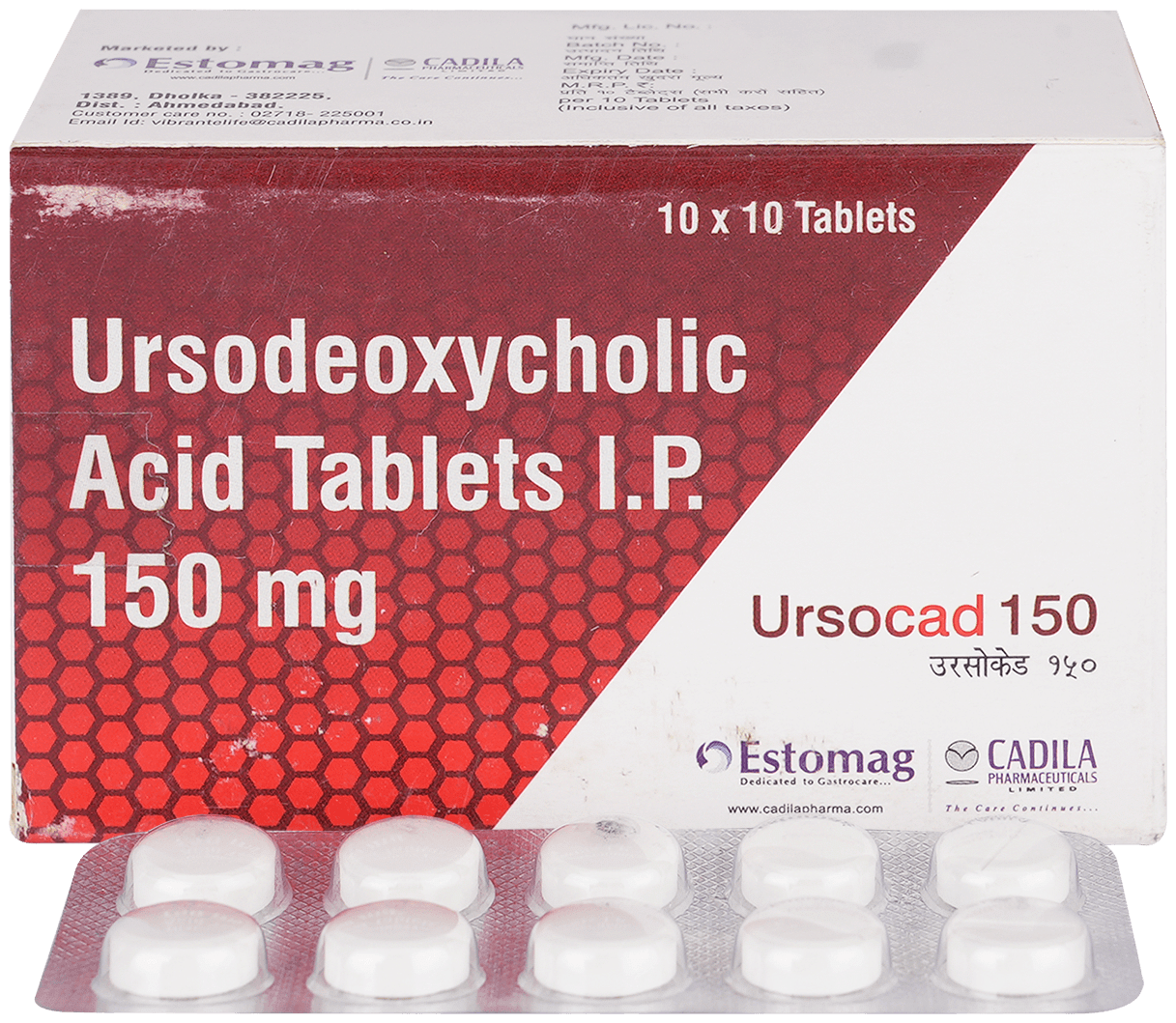
Ursocad 150 Tablet

Urdohep 150 Tablet

Udiliv 150 Tablet
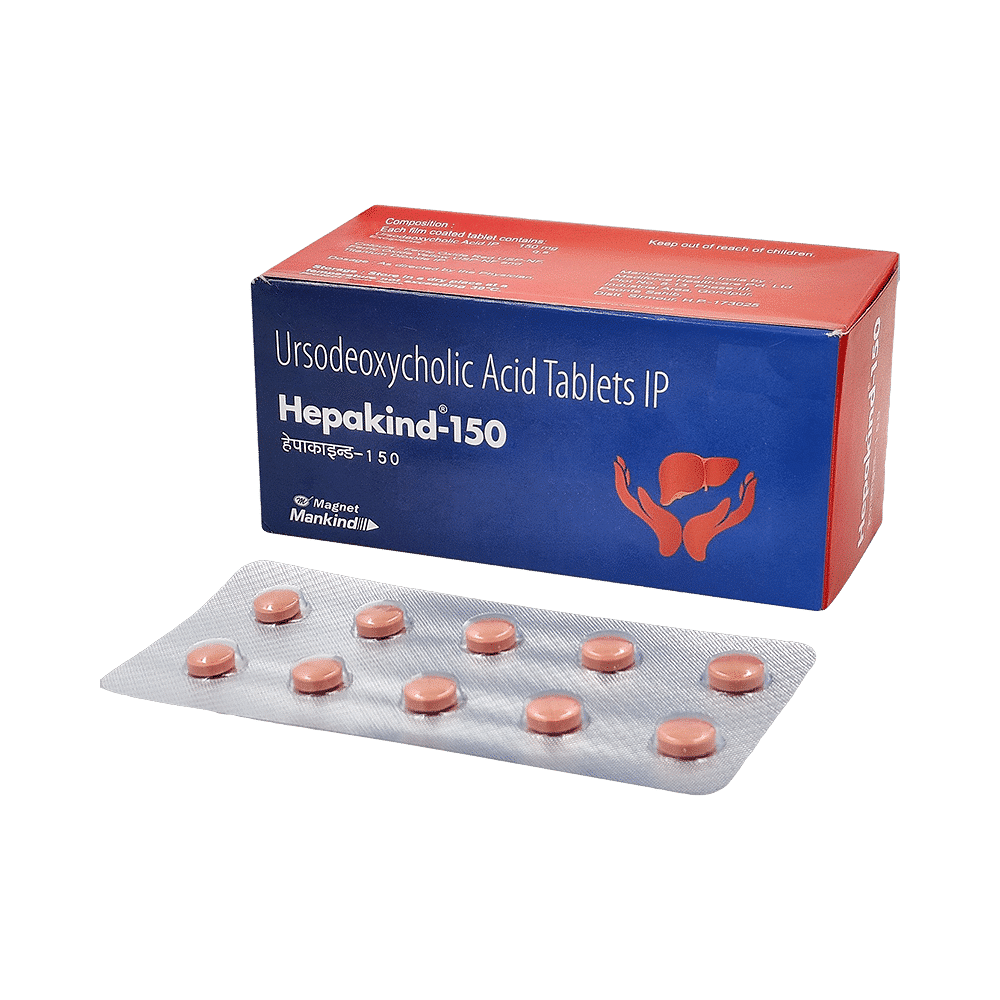
Hepakind 150 Tablet
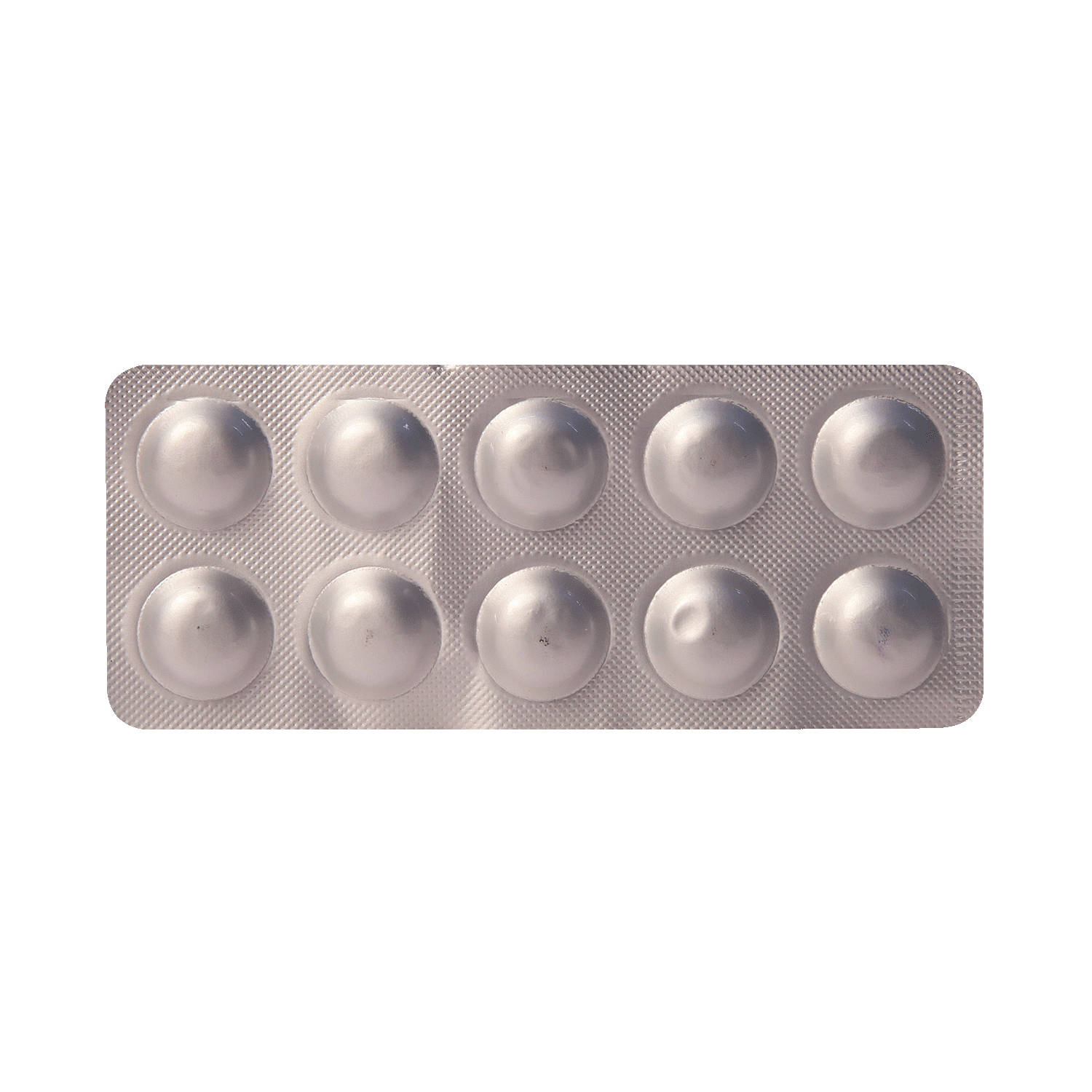
Urdohep 150 Tablet

Berihep 150mg Tablet
Frequently asked questions
When should I take Udiwok 150mg Tablet?
The timing of taking this medication may vary based on individual needs. Your doctor may recommend 2 to 3 doses per day, and suggest taking the last dose at bedtime. This medication is typically taken with water, milk, or after food. When prescribed for gallstone treatment, it's usually taken once daily in the evening. Ideally, take doses at an interval of 6 hours (e.g., 8 am, 2 pm, and 8 pm).
Is Udiwok 150mg Tablet safe?
Udiwok 150mg Tablet is generally considered to be a safe and effective medication. However, potential side effects may include diarrhea. If experiencing this side effect, your doctor may adjust the dose, and if it persists, discontinuing treatment may be necessary. Additionally, long-term use of this medication might affect liver enzyme levels. Your doctor will monitor these levels regularly throughout the course of treatment.
How does Udiwok 150mg Tablet help the liver?
Udiwok 150mg Tablet acts on the liver and concentrates in bile, secreted by the liver. This action suppresses liver cholesterol synthesis and secretion, subsequently decreasing total cholesterol levels in bile. Additionally, this medication prevents intestinal absorption of bile salts and cholesterol. Therefore, reduced cholesterol saturation in the bile from the liver leads to gradual dissolution of gallstones, resulting in a decrease in their size and eventual dissolution. It also reduces elevated liver enzyme levels by increasing bile flow through the liver, thus protecting liver cells.
Does Udiwok 150mg Tablet cause weight gain?
Udiwok 150mg Tablet might lead to some weight gain, but it is not common. However, in patients with chronic liver disease linked to bile stasis in the small bile ducts of the liver, this medication can result in weight gain. This occurs when bile cannot flow from the liver to the small intestine. Weight gain varies between individuals and their specific condition. If experiencing weight changes, consult your doctor.
What should I avoid while taking Udiwok 150mg Tablet?
Avoid combining Udiwok 150mg Tablet with antacid preparations without consulting your doctor as this can decrease its effectiveness. Additionally, avoid medications like cholestyramine or colestipol, which affect the medication's efficacy. Consult your doctor for appropriate time intervals between these medications and Udiwok 150mg Tablet. It is also important to avoid taking oral contraceptives, estrogenic hormones, and blood cholesterol-lowering agents such as clofibrate, as they may increase the risk of gallstone development.


